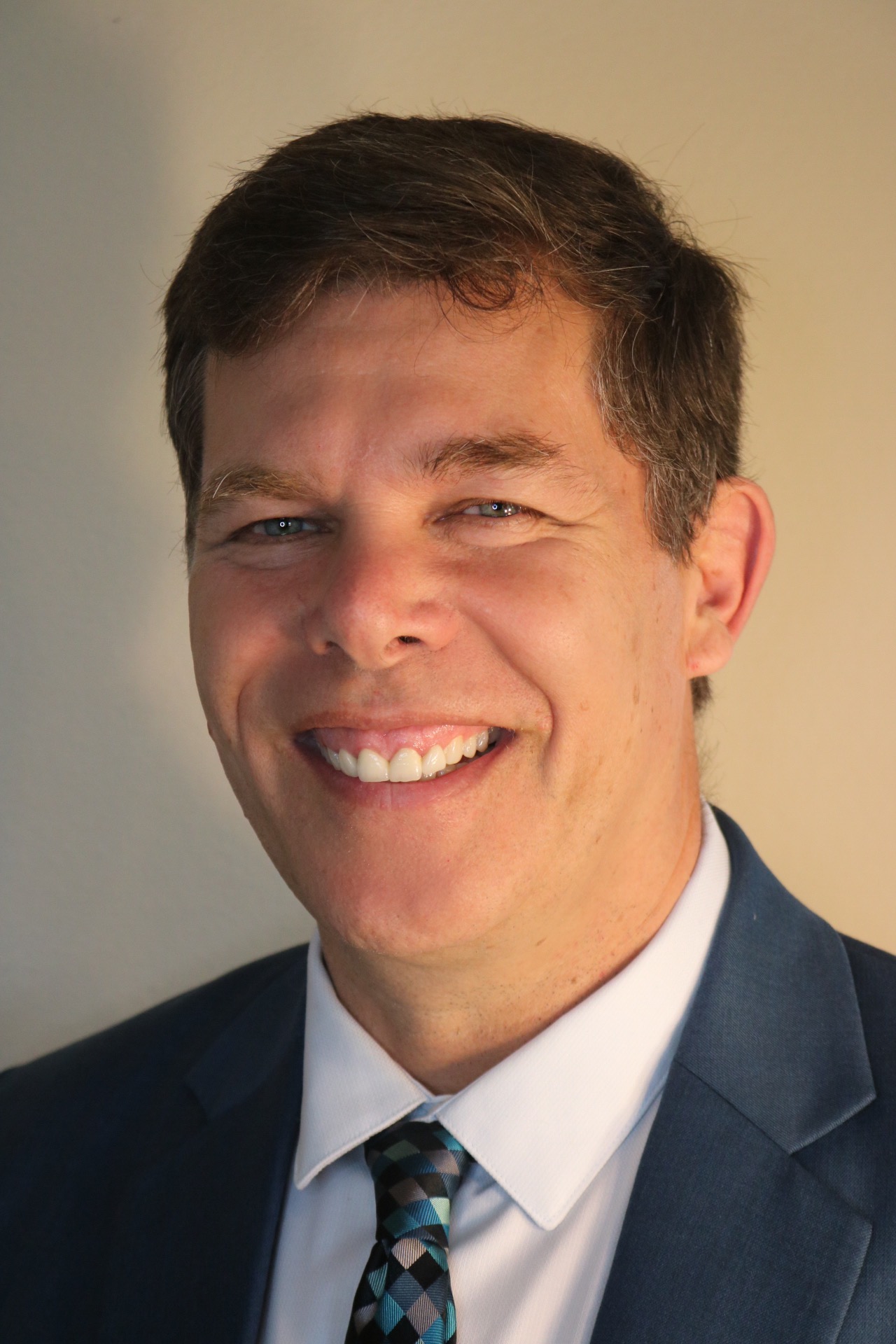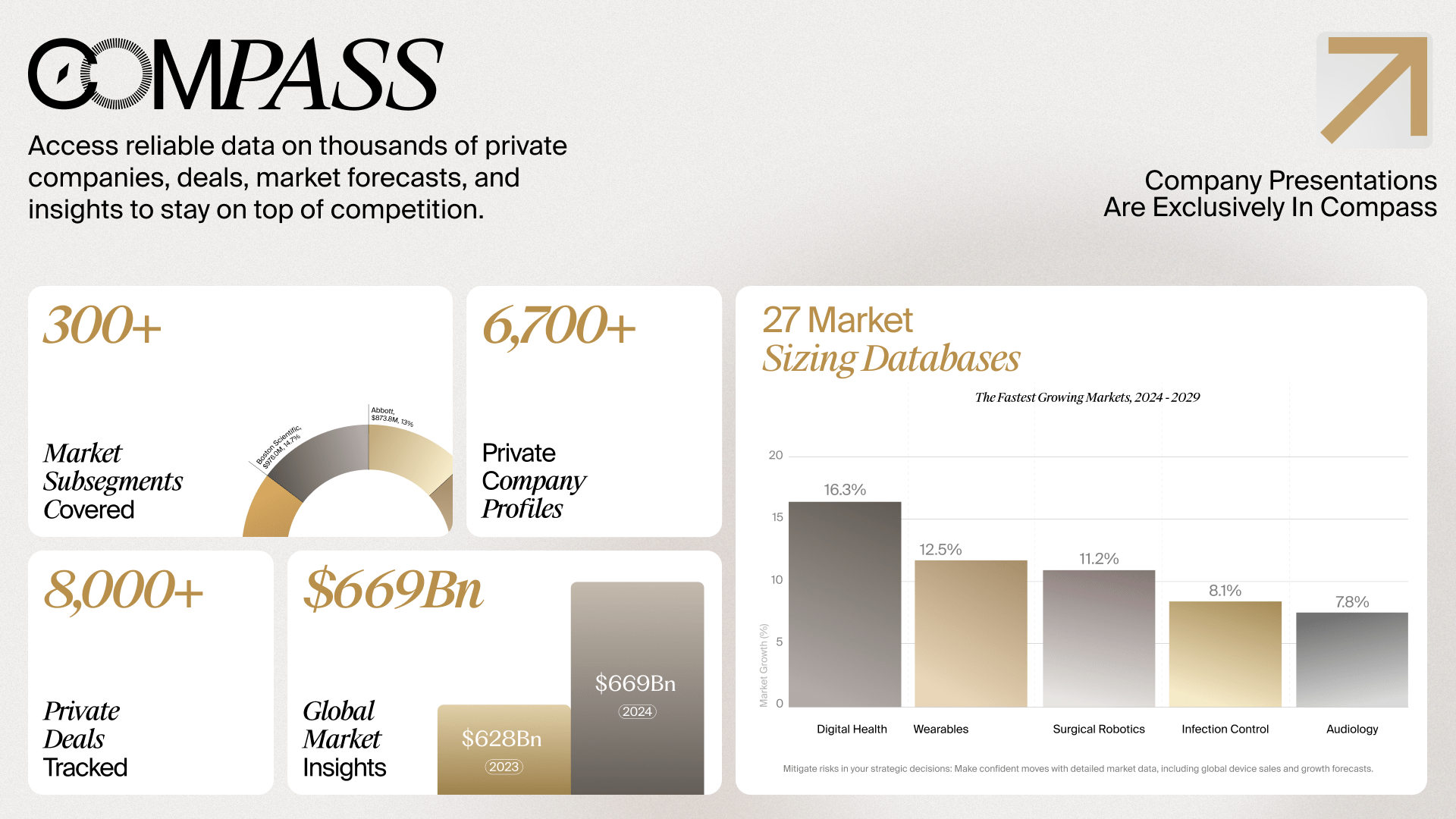- Video Library
- Early Detection | Kim Vanderlinden, CEO
Early Detection | Kim Vanderlinden, CEO
shaping the future of
Medtech at LSI USA ‘26
Waldorf Astoria, Monarch Beach

Kim Vanderlinden
Dr. Vanderlinden entered medicine after seeing his mother overcome a terminal Hodgkin's lymphoma diagnosis when he was a teenager. Then several years later, and only months after graduating his mother died of lung cancer. It is said that loss can lead to purpose, which it truly did for him, and ultimately to the formation of Early Detection, Inc.
He feels truly humbled to be able to contribute to making this screening test available to physicians and their patients. Dr. Vanderlinden expects that these tests will become an essential component of annual physical exams. Yearly exams attempt to find disorders early so that they can be prevented and/or treated more effectively. For example, blood pressure and cholesterol are measured in order to more successfully manage cardiovascular risk of heart attacks and strokes.
He believes that a lack of a screening test for early cancer detection is the single greatest void in healthcare today. In time he expects annual physical exams without these screening tests will be considered undeniably incomplete.
Kim Vanderlinden
Dr. Vanderlinden entered medicine after seeing his mother overcome a terminal Hodgkin's lymphoma diagnosis when he was a teenager. Then several years later, and only months after graduating his mother died of lung cancer. It is said that loss can lead to purpose, which it truly did for him, and ultimately to the formation of Early Detection, Inc.
He feels truly humbled to be able to contribute to making this screening test available to physicians and their patients. Dr. Vanderlinden expects that these tests will become an essential component of annual physical exams. Yearly exams attempt to find disorders early so that they can be prevented and/or treated more effectively. For example, blood pressure and cholesterol are measured in order to more successfully manage cardiovascular risk of heart attacks and strokes.
He believes that a lack of a screening test for early cancer detection is the single greatest void in healthcare today. In time he expects annual physical exams without these screening tests will be considered undeniably incomplete.

17011 Beach Blvd, Suite 500 Huntington Beach, CA 92647
714-847-3540© 2026 Life Science Intelligence, Inc., All Rights Reserved. | Privacy Policy







